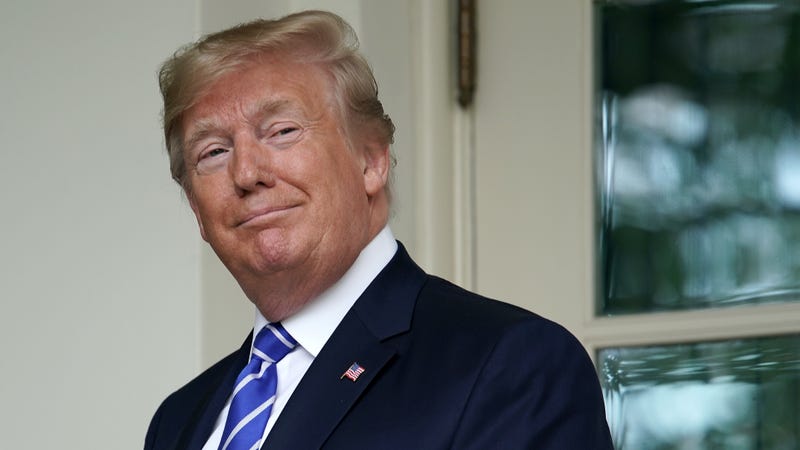Gizmodo ^
It appears the Trump administration is drafting an executive order that has the potential to radically change how the content posted on social networks are governed, stripping crucial protections from tech companies and inserting much more government oversight. This is being done under the guise of a popular political talking point claiming that social media networks are censoring conservatives.
The drafted order, of which CNN obtained a summary, is called Protecting Americans from Online Censorship, though in its current state it appears to more powerfully instill the fear of god in social networks with millions of active users than grant these users more freedom of speech.
To be clear, there is no evidence that social media networks are actively engaged in deliberate censorship of any particular political point of view. They (sometimes) enforce their own respective terms of service agreements that oftentimes prohibit content that includes hate speech or calls to violence. For some, that’s a political ideology.
The order tasks the FCC with determining whether social media companies are protected by a provision of Section 230 when they take down content without informing the user or censor content in a way that is characterized as “anticompetitive, unfair, or deceptive.”
Section 230 of the Communications Decency Act effectively states that websites and services aren’t liable for content that users or third parties post on their platforms. The drafted executive order wants to dismantle some of the protections that fall under this internet regulation and would apply to companies with a monthly user base that meets or exceeds one-eighth of the U.S. population. That would include the likes of Facebook, Google, Instagram, Twitter, Pinterest, and Snapchat.
The order also reportedly notes that the Federal Trade Commission will open a public complaint docket and work alongside the FCC to investigate and document the moderation practices of tech companies and whether or not they are neutral. This is related to the claim in the executive order summary that the White House received over 15,000 complaints that social networks are censoring users who post content related to American politics.
It’s important to note that the draft of this executive order is subject to change, but its overall suggestion implies that the administration is hoping that the handpicked powers that be at the FCC and FTC would rework enforcement of Section 230 in a way that helps conservatives—or at least helps them make the case that they’re being censored. The irony is that the FCC and FTC don’t even do a great job of enforcing the things that already fall under their jurisdiction. But, if everything went according to the apparent plan, theoretically, corruption could prevail in Trump’s interest. And the chilling effect could be that major social networks severely restrict what users could post or simply find its unrealistic to continue operating.
“I think if you eliminate Section 230 you will see some pretty remarkable changes,” Jeff Kosseff, a cybersecurity professor at the U.S. Naval Academy, told Gizmodo earlier this year. “You can even see that in what happened after FOSTA was passed. I think it was two days after it passed in the Senate, but before it was even signed into law, Craigslist eliminated its personals ads. You might say, ‘Well, that’s not necessarily a huge social problem.’ But imagine if they got rid of all of Section 230, who else would eliminate the ability for people to freely post online?”
With Republicans clearly floating trial balloons for making social media “censorship” a campaign issue over the next year, this could all turn out to be for show and would certainly face legal challenges. But what’s clear is that we should expect more and more of this type of attempt to undermine or destroy Section 230. Someone’s bound to hit on an argument that gets through the legal process and when that happens we could be looking at a very different internet.



No comments:
Post a Comment